It’s that time of the year again - Lunar New Year! If you are unmarried, get ready to line your pockets with the little red packets. While many of us are already familiar with this tradition and its symbolism, there may be a few things that you don’t know about it. So without further ado, here are five facts you didn’t know about Ang Paos:
-
The history of Ang Paos

We all love red packets around the Lunar New Year but did you know that this custom actually originates from one of the oldest stories in Chinese Culture? According to folklore, there was an evil spirit, “Sui’‘ (祟), that attacked people who were sleeping on New Year’s Eve. So, to avoid the demon, everybody tried to stay awake. Children found it harder to stay awake so parents started to give them coins to play with. One couple wrapped the coins in red paper to give to their son. He played with the wrapper and coins but eventually fell asleep. But when Sui the spirit came to attack, he was warded off by the colour red.
That started the belief that the colour red can keep evil away! Back in the olden days, adults used to give coins strung together and wrapped in red paper. But now, they’ve become the dollar bills we know and love.
-
There are MANY names for the red envelopes!

As the tradition evolved across regions, so did the names for these red packets.
In Mandarin, specifically in mainland China, they are known as ‘hong bao’ (红包) which is their literal meaning, red envelopes. In Hong Kong, where Cantonese is the prominent dialect, they are called ‘lai see’ (利事) which means ‘being useful’. Across the South East Asia region, the word has developed from ‘hong bao’, which is Mandarin, to ‘ang pao’ (红包) in Hokkien.
The money inside the envelope is sometimes referred to as Yasui Qian (压岁钱) which, comes from the origin story and means ‘suppressing Sui money’. Certain translations also suggest that it is “suppressing age money". As the belief was that everyone gets one year older on New Year’s Day, this money is supposed to stop children from getting older.
-
Rules about Ang Paos

If you are new to the region, and this is your first time receiving or giving Ang Paos. Here are some things you should know!
First, whether you should give or receive! The Ang Paos are given from the old to the young. This mainly refers to children but anyone that is unmarried still receives one. They are also commonly given from leadership to employees (with these often serving as an unofficial bonus). Next is to always use two hands when handling Ang Paos, whether you are receiving or giving. It is a sign of respect, and almost all important physical items (like business cards, gifts, homework) are supposed to be given with two hands. Another sign of respect is not to open the envelope in front of the giver.
When deciding what to put into the Ang Pao, there are certain rules you should take into consideration. First, you should aim to give crisp, new notes. That’s why there are often long lines at the bank before Lunar New Year. Plus, be careful of the amount of money you put in! Do not put the number four, or let the money add up to 4. The Chinese word for 4 is 四 (sì) which is a homophone for 死 (sǐ; to die), and is considered to be unlucky. On the other hand, 9 (九), which is a homophone for the Chinese character for “long” (久 jiǔ). Therefore, using bills that add up to an amount that contains the number 9 is thought to symbolize a long life or a long marriage.
-
Waste Caused by Ang Paos

Unfortunately, in recent years there has been mass production and consumption of red packets, contributing to our ever-growing waste problem. One study from Hong Kong found that 320 million(!!!) new red packets are produced in Hong Kong every year. This translates to an estimated 16,300 trees cut down to make them. And that’s just Hong Kong, not including mainland China, Singapore, and the rest of the people around the world who celebrate this holiday.
-
How to be more eco-friendly this Chinese New Year

To be greener this Lunar New Year, you can change the way you use Ang Paos. Use our plantable BĪJ ENVELOPES: Abundance in a Pack of 4 and excellent zero-waste options. Plant them into Daisy and Basil herbs after its' use. Instead of giving physical packets, more and more people have started doing digital transfers. Since 2021, All the major banks including DBS Bank, OCBC Bank, UOB, Citibank, Standard Chartered Bank and Maybank, have started allowing e-hongbaos. PayNow is another great option!
So there we have it folks – 5 things you didn't know about Ang Paos! We hope this post has been informative for those wanting more knowledge on this traditional practice. Wishing you lots health, happiness & prosperity throughout 2023 🎉
INTRODUCING: Seeds of Intention

Every month, we will be exploring the different seeds we offer and how they can help you reflect, meditate and plan ahead. You can use these questions as a starting point for journaling or conversations with friends, or just to think about.
This month we are starting with Basil. In India, Tulsi or Tulsee (तुलसी) is known as the holiest of plants. It is often worshipped as a physical manifestation Goddess Lakshmi and is said to bring peace and prosperity. The presence of Tulsi is also said to ward off evil and negativity. Finally, the Tulsi plant is known for its immune-building properties and is used for its healing powers. As such, here are your questions for the month of basil:
- Defining prosperity: what does it mean? How does prosperity affect your emotional, physical, mental, spiritual, and financial well-being?
- Is there a negative thought that is limiting me today? Could they be reframed in a different way?
- Create a letter of encouragement for your body. In your opinion, what should it know? If it did what you wished, what would it do?
- Share your thoughts on what you want to achieve for yourself in 2023.
- Share it with us via email at grow@left-handesign.com.

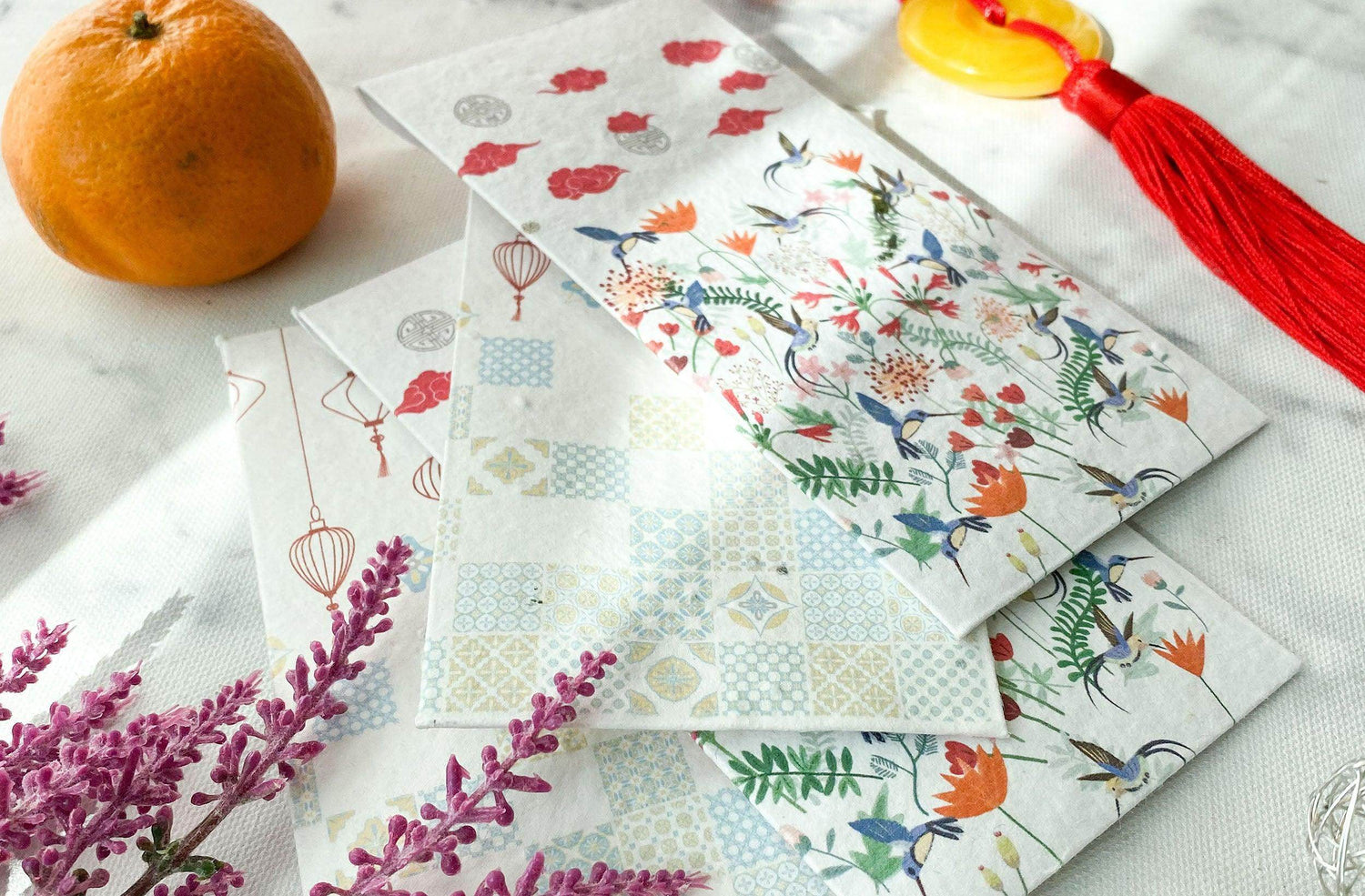


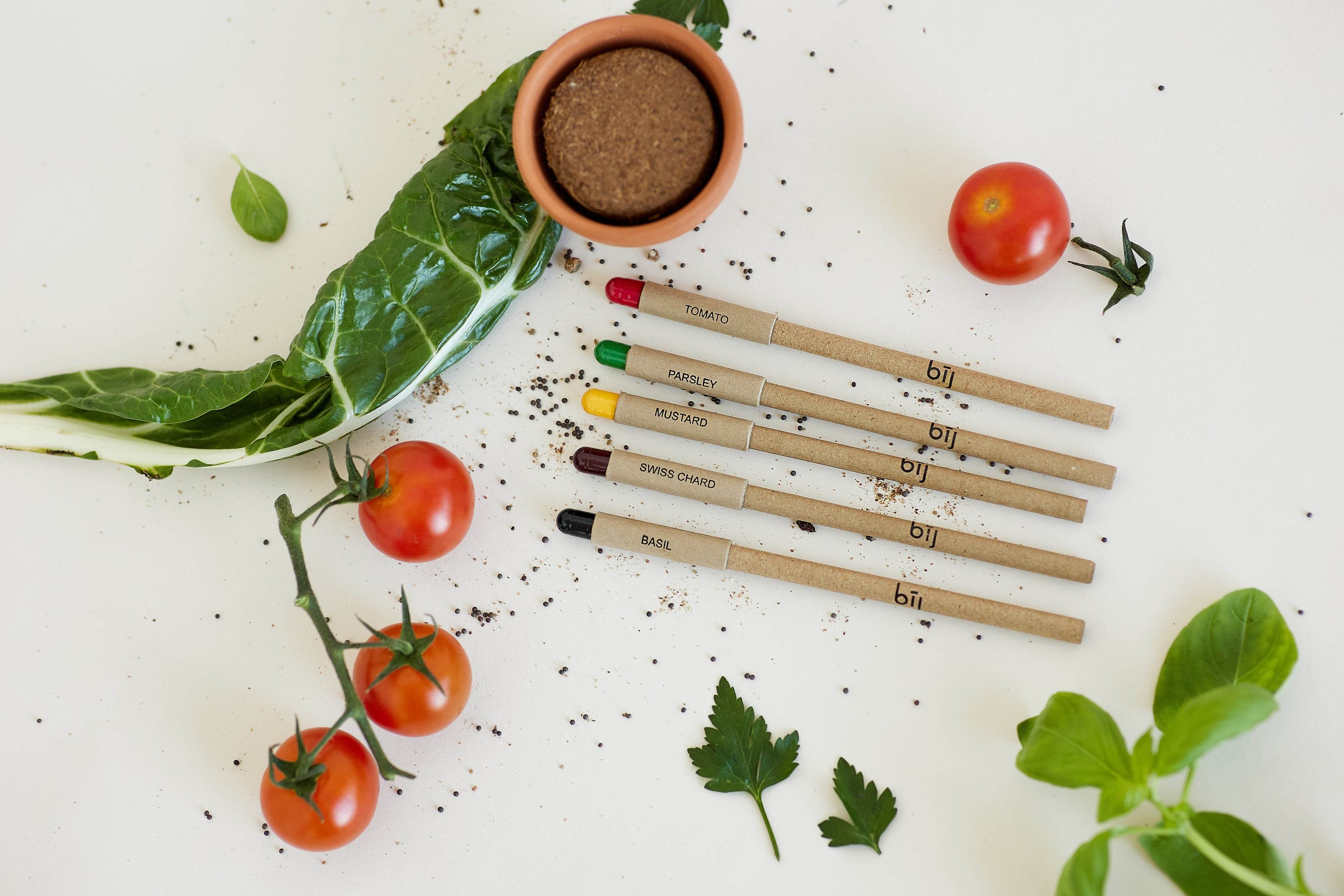
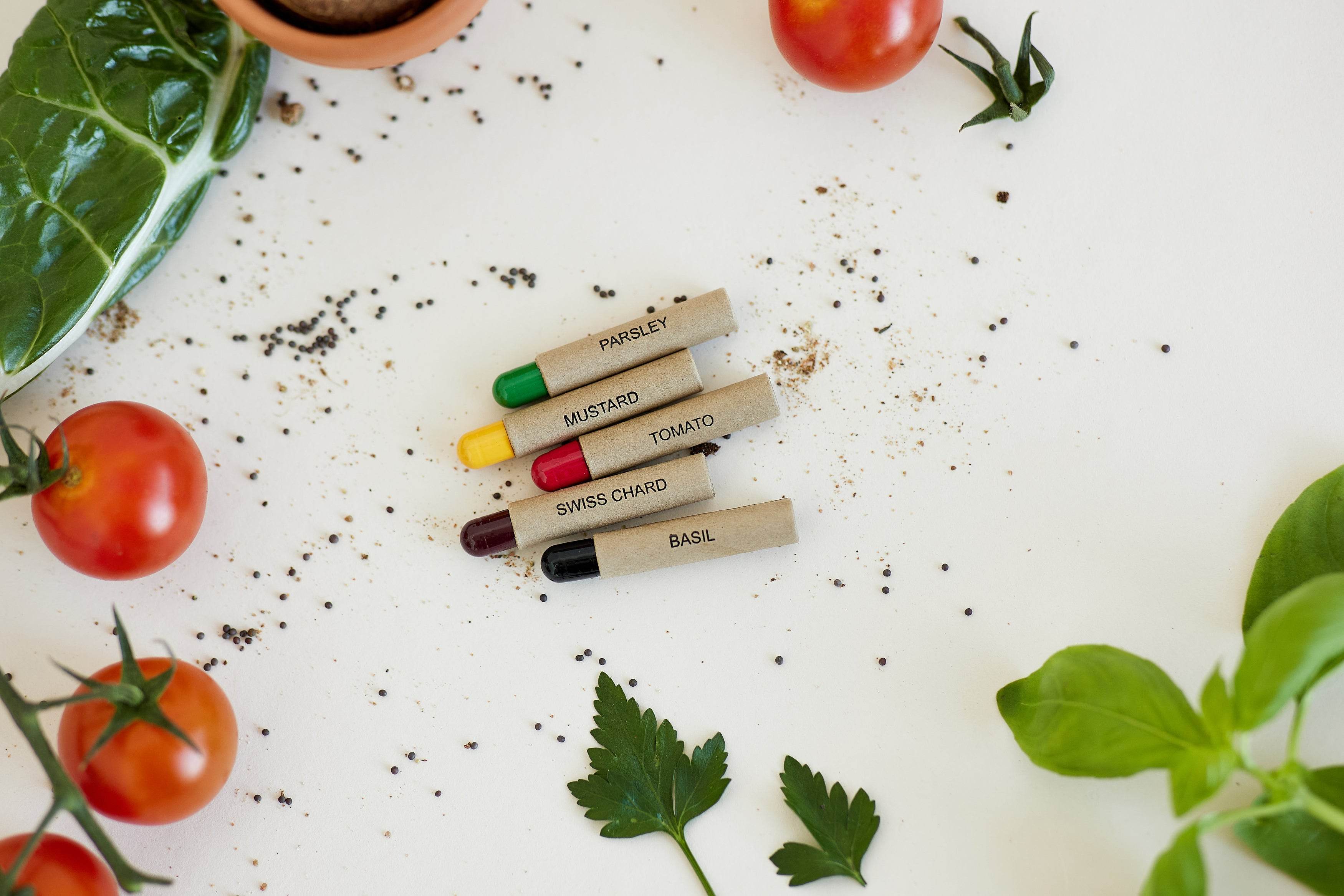
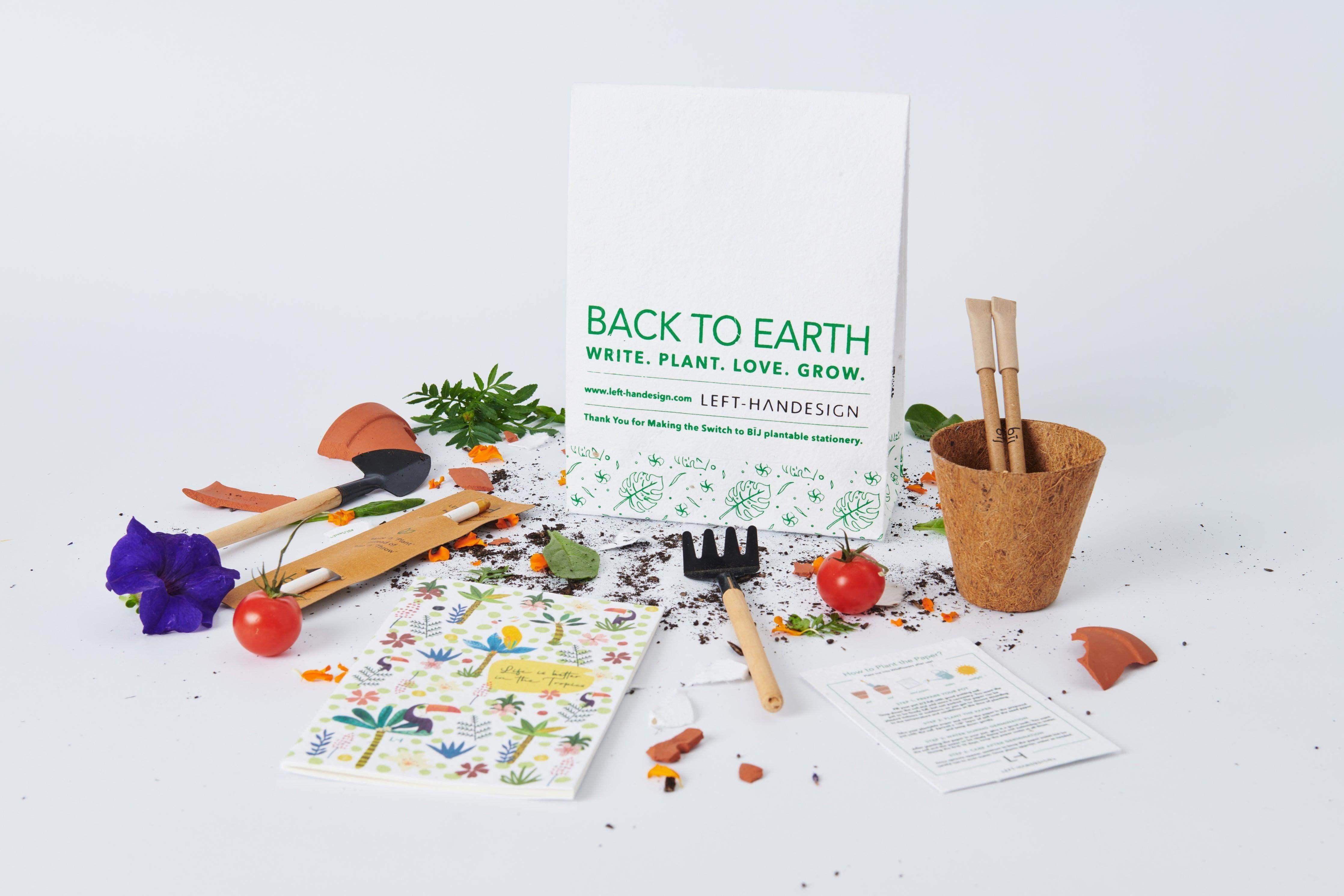


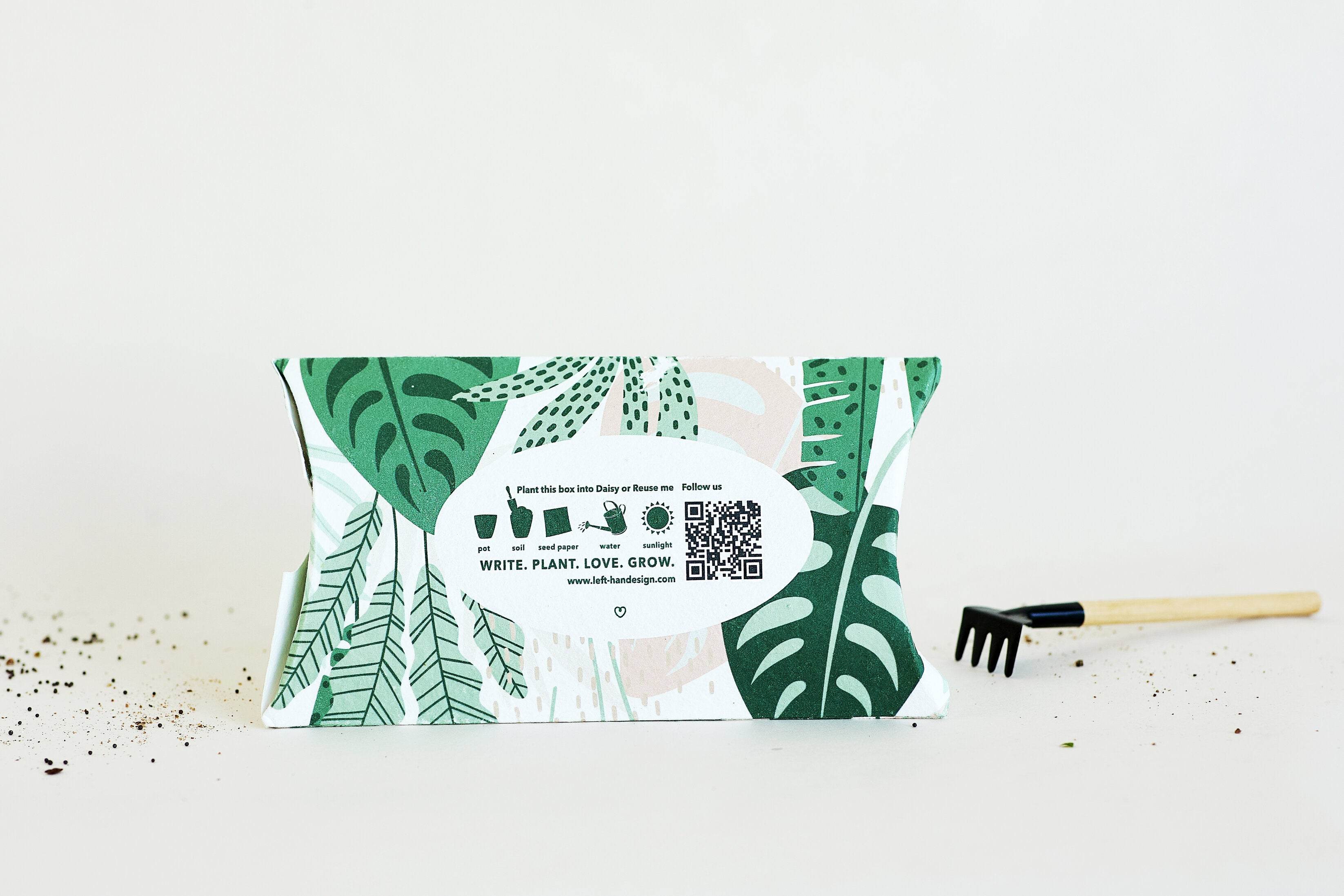
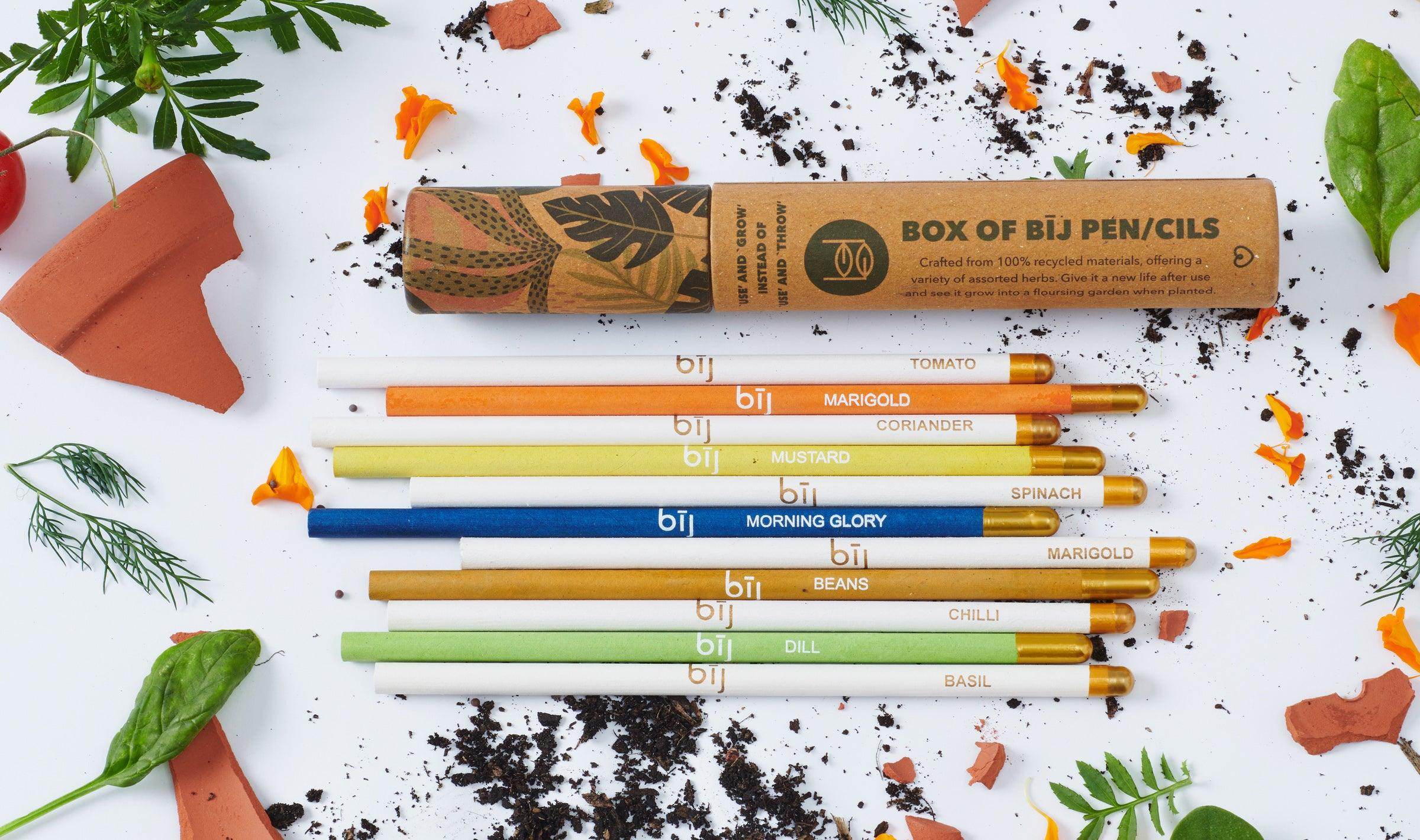
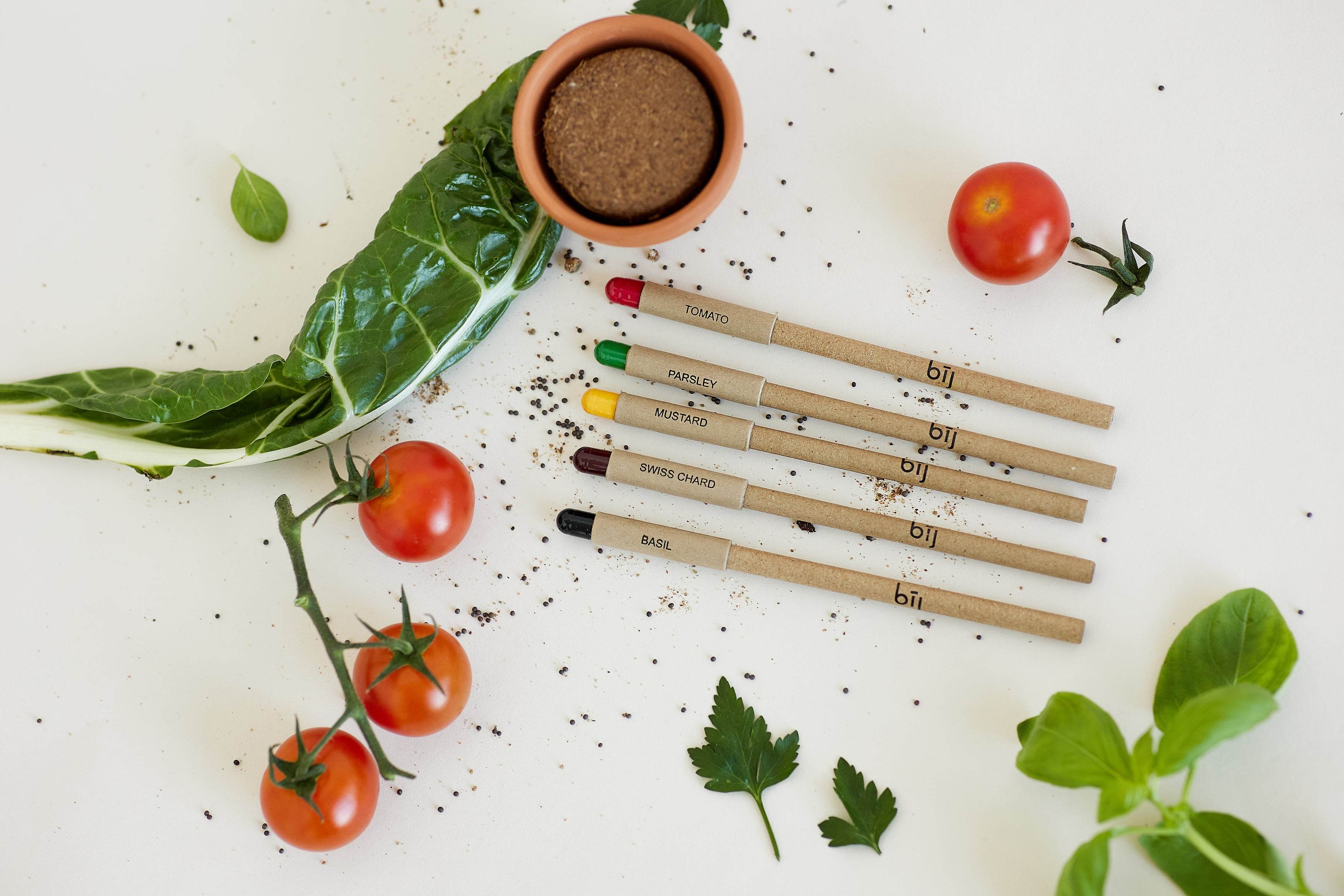


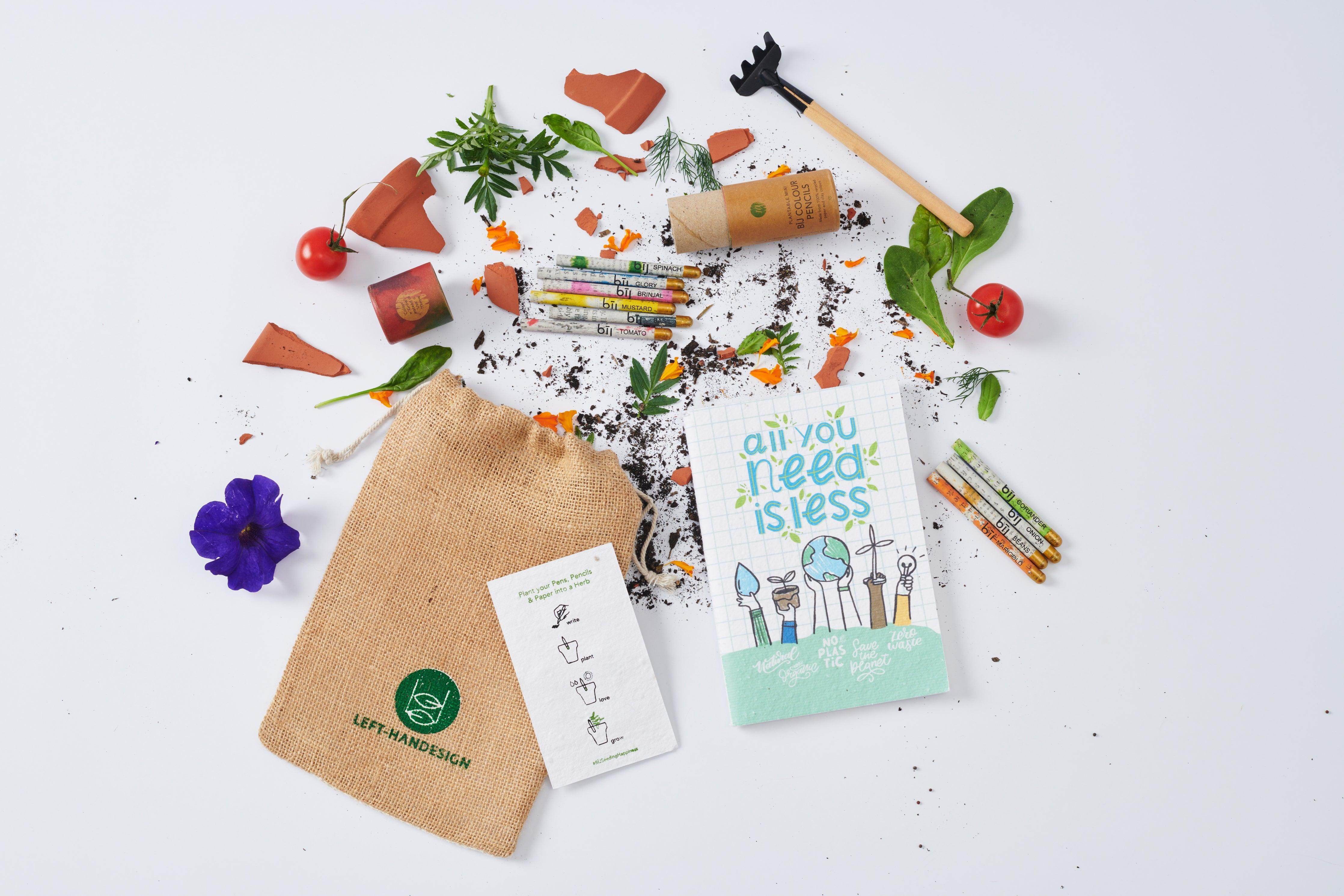
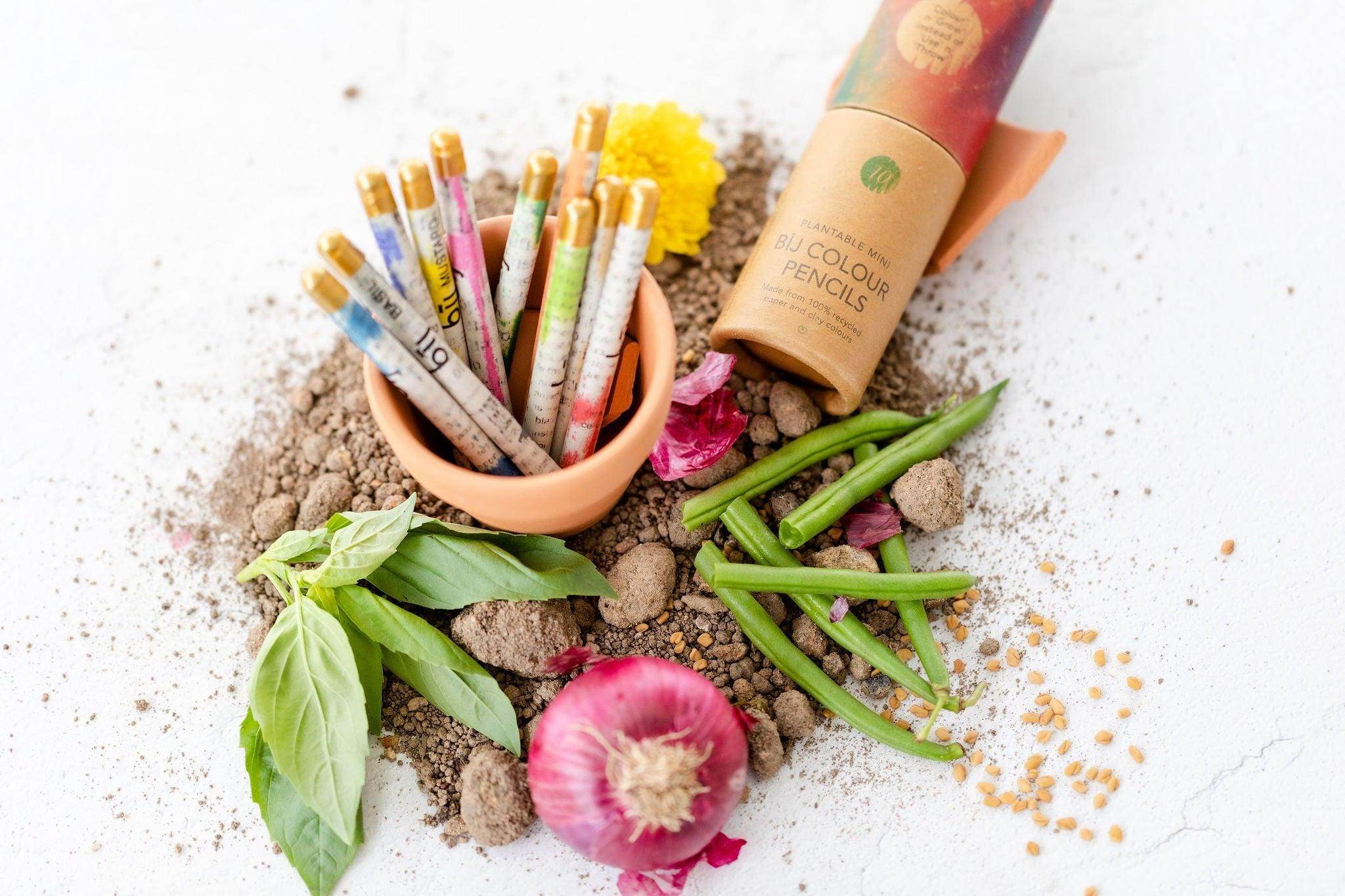
Leave a comment
All comments are moderated before being published.
This site is protected by hCaptcha and the hCaptcha Privacy Policy and Terms of Service apply.